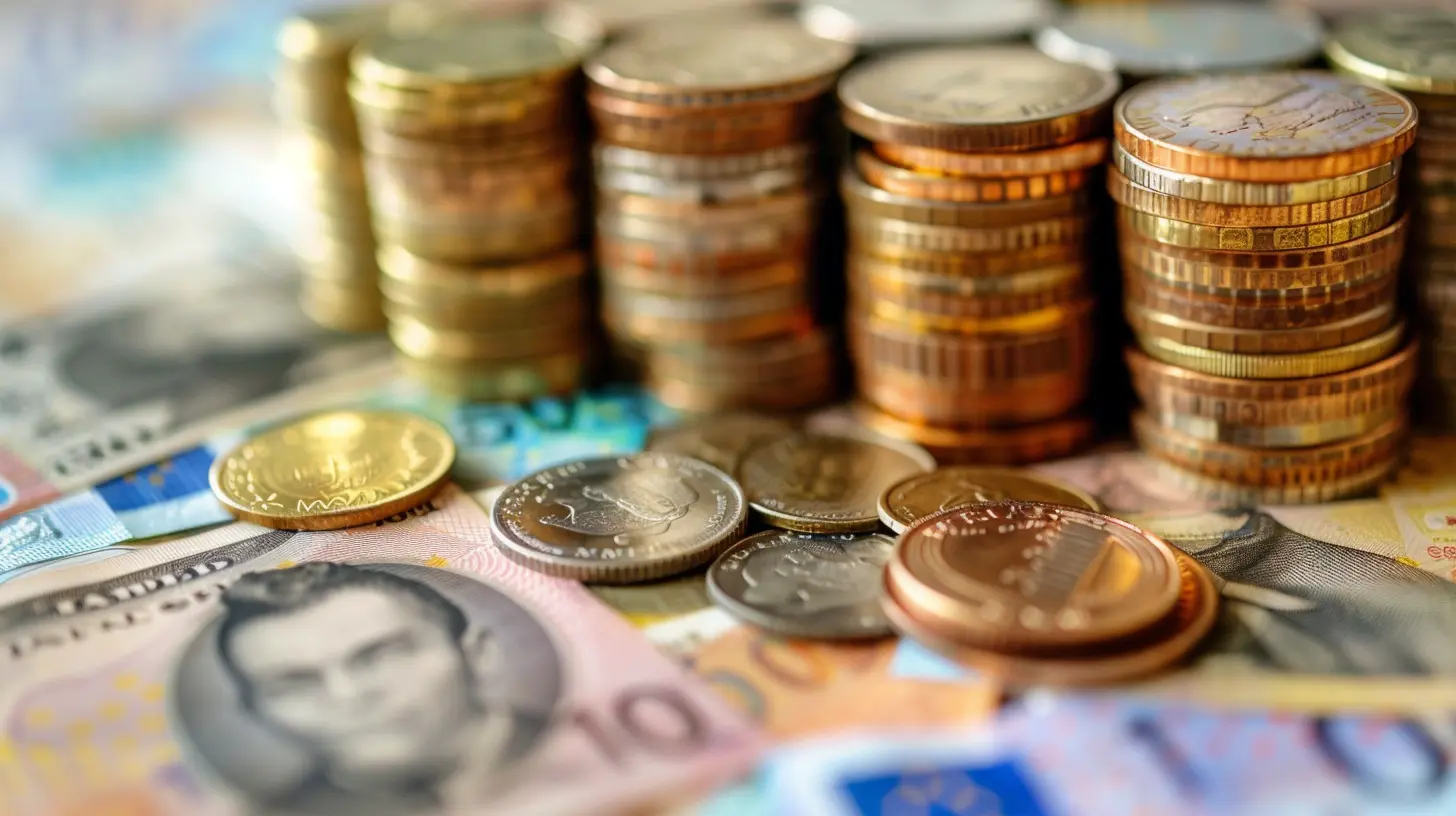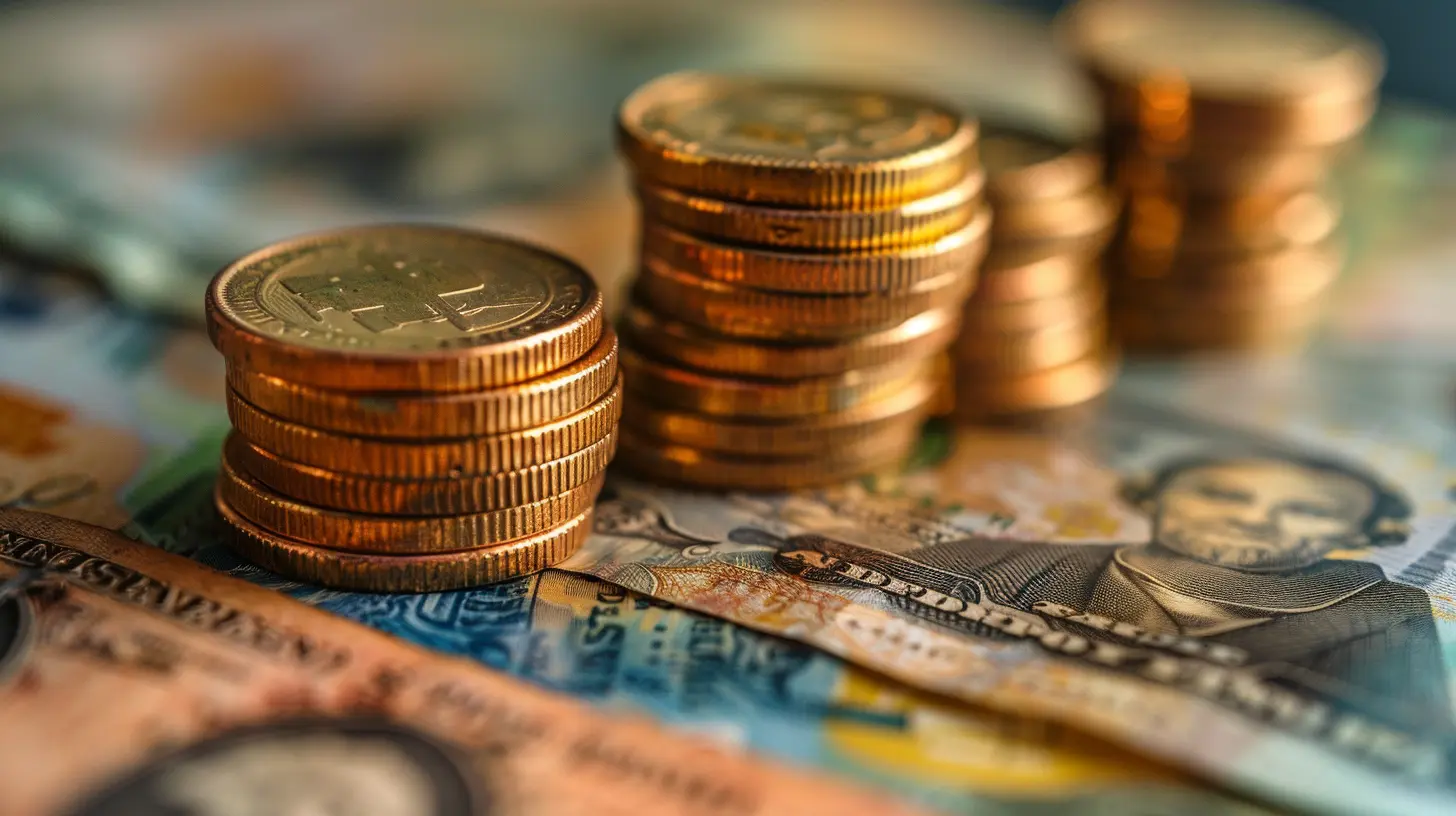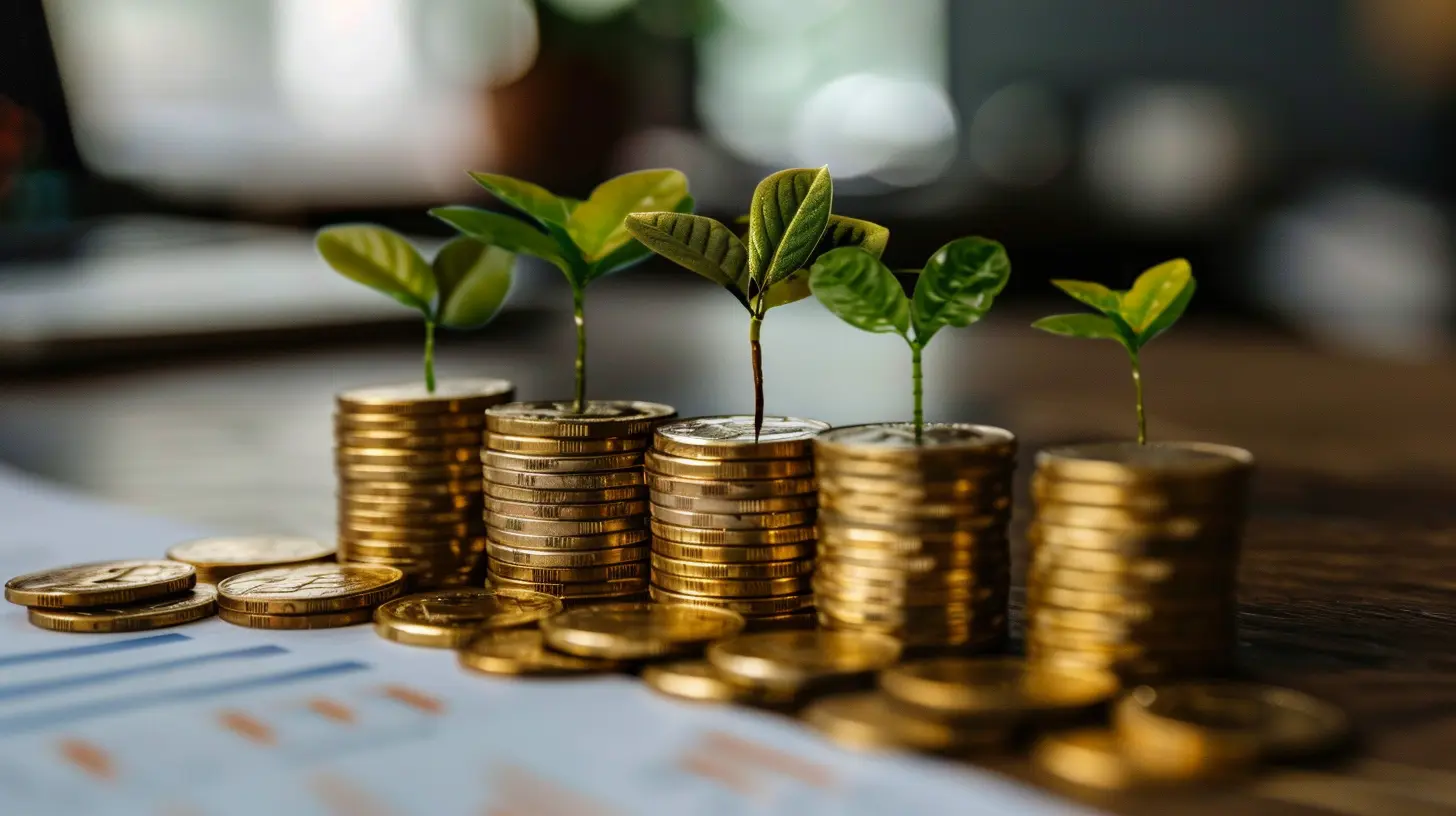Dissecting Foreign Direct Investment as an Economic Indicator
20 May 2025
When we think about a country's economic health, we often look at metrics like GDP, inflation, or unemployment rates. But one crucial indicator that often flies under the radar is Foreign Direct Investment (FDI). Why is FDI so important? And how does it truly reflect the economic strength of a nation?
Let’s break it down in simple terms. Imagine you own a small café, and a wealthy investor from another city decides to put their money into your business. They build a bigger space, bring in better equipment, and hire more people. That’s essentially what FDI does on a national scale—it injects capital, creates jobs, and boosts productivity.
So, let’s dive deep into Foreign Direct Investment and understand how it serves as a reliable barometer of economic progress. 
What Is Foreign Direct Investment (FDI)?
At its core, Foreign Direct Investment (FDI) is when a company or individual from one country invests in business interests in another country. But here’s the catch—it’s not just about buying shares in a foreign company. FDI usually involves a lasting interest or control in the business.For example, if an American tech giant builds a factory in Vietnam, that's considered FDI. But if an investor simply buys stocks in a Vietnamese company, that’s foreign portfolio investment (FPI), not FDI. The key difference? FDI implies long-term involvement, while portfolio investments can be short-term. 
Why Does FDI Matter?
FDI isn’t just some fancy economic term—it has real-world impacts that can shape a country’s financial future. Let’s take a look at why FDI is such a big deal:1. Boosts Economic Growth
FDI injects capital into an economy, fueling innovation, infrastructure, and business expansion. Countries that attract substantial foreign investments often experience higher GDP growth rates.2. Creates Jobs & Better Wages
When multinational corporations set up factories, offices, or service centers in a foreign country, they hire local talent. This leads to more jobs, skill development, and higher income levels—all of which contribute to an improved standard of living.3. Enhances Technology & Expertise
Foreign companies often bring in advanced technology, modern business strategies, and specialized knowledge. This transfer of skills not only boosts productivity but also encourages local firms to step up their game.4. Strengthens Global Trade & Connectivity
FDI makes a country more integrated into the global trade network. More foreign investment means stronger economic ties, which can lead to better trade policies, international collaborations, and overall economic resilience.5. Improves Infrastructure & Development
Governments often use FDI to fund large-scale infrastructure projects like airports, highways, and smart cities. These projects, in turn, attract even more investments, creating a cycle of economic prosperity.
How FDI Works & Types of Foreign Direct Investment
Not all FDI is the same. There are primarily three main types of Foreign Direct Investment, each with different implications for the host economy.1. Horizontal FDI
This happens when a multinational company sets up the same business operation in a foreign country.🔹 Example: A fast-food chain like McDonald's opening new restaurants in India.
2. Vertical FDI
This is when a company moves a part of its supply chain to another country rather than duplicating its whole business.🔹 Example: A U.S. automobile company establishing a manufacturing plant in Mexico to produce car parts.
3. Conglomerate FDI
This occurs when a company invests in an entirely different business in another country.🔹 Example: A Japanese electronics company investing in a clothing brand in the UK.
Each type of FDI carries unique benefits and challenges, influencing a country’s economic landscape in different ways. 
Factors That Influence FDI Flow
Foreign investors don’t just throw money at any random country. There are key factors that determine whether a nation is attractive for FDI:1. Political Stability & Business Environment
Investors love stability. Countries with strong governance, clear regulations, and corruption-free practices tend to attract more FDI.2. Economic Performance & Growth Potential
A growing economy signals profit opportunities. Nations with rising GDP, increasing market demand, and strong consumer spending become FDI hotspots.3. Labor Market & Skill Levels
If a country has a skilled, affordable, and abundant workforce, companies are more likely to invest there. That’s why places like India and the Philippines attract a lot of outsourcing businesses.4. Taxes & Incentives
Many governments provide tax breaks, subsidies, or special economic zones (SEZs) to make FDI more appealing.5. Infrastructure & Connectivity
Good transport networks, digital infrastructure, and stable electricity supply play a huge role in making a country attractive to foreign investors.How FDI Reflects Economic Health
Now, here’s the million-dollar question: Can FDI be used as an economic indicator? Absolutely.When FDI levels are high, it often signals economic confidence. Investors wouldn’t put their money into a country if they thought it was unstable or unprofitable. High FDI can reflect:
✔ Strong investor confidence
✔ Business-friendly policies
✔ A stable political and economic environment
✔ Growing job opportunities
On the flip side, declining FDI can signal economic troubles, policy uncertainties, or geopolitical risks.
The Risks & Challenges of FDI
Of course, FDI isn’t always sunshine and rainbows. There are potential downsides, such as:🚨 Loss of Local Control – Foreign companies might gain too much influence over key industries.
🚨 Profit Repatriation – Some companies take their profits back to their home countries, limiting local economic benefits.
🚨 Economic Dependence – Too much reliance on foreign investment can make an economy vulnerable to policy changes from external countries.
Countries need to strike a balance—welcoming FDI while ensuring it contributes to national development.
Which Countries Attract the Most FDI?
Some nations consistently rank as top FDI destinations due to their economic policies and market potential.🌎 United States – A global business hub with strong innovation and a vast consumer market.
🇨🇳 China – A manufacturing giant with thriving trade and investment opportunities.
🇮🇳 India – A tech-driven, rapidly growing economy attracting IT and infrastructure investments.
🇩🇪 Germany – A European powerhouse with advanced technology and a strong workforce.
These countries maintain pro-investment policies that encourage long-term foreign economic participation.
The Future of FDI in a Changing World
As the world evolves, so does FDI. Emerging trends such as sustainable investing, digital transformation, and geopolitical shifts are shaping how and where investors put their money.Some key predictions:
✅ Green FDI – More investment in renewable energy and environmentally friendly projects.
✅ Tech-Driven FDI – AI, blockchain, and automation will attract heavy foreign investments.
✅ Regional Shifts – Developing nations in Africa and Southeast Asia are becoming new FDI hotspots.
With globalization evolving, FDI will remain a crucial economic indicator, shaping how countries progress on the global stage.
Final Thoughts
Foreign Direct Investment isn’t just about money crossing borders—it’s about economic confidence, business growth, and national development. A country that attracts high FDI levels is often on the path to prosperity, while a decline in FDI can raise economic red flags.So next time you hear about FDI in the news, you’ll know it’s more than just investor jargon—it’s a powerful economic signal that impacts businesses, jobs, and global trade.
all images in this post were generated using AI tools
Category:
Economic IndicatorsAuthor:

Knight Barrett
Discussion
rate this article
3 comments
Lisa Kirkland
Insightful analysis! FDI truly reflects economic health.
May 29, 2025 at 11:55 AM

Knight Barrett
Thank you! I appreciate your feedback on the article. FDI is indeed a key barometer of economic vitality.
George McIlwain
Foreign Direct Investment: the only time money travels without a suitcase. It’s like dating—sometimes it’s a match made in heaven, other times you just end up with a broken heart!
May 25, 2025 at 4:48 AM

Knight Barrett
That's a clever analogy! FDI certainly can lead to flourishing partnerships or disappointing outcomes, reflecting both opportunity and risk in the economic landscape.
Betsy McNair
This article provides valuable insights into the complexities of foreign direct investment, highlighting its crucial role as a key economic indicator. Well done!
May 22, 2025 at 10:36 AM

Knight Barrett
Thank you for your kind words! I'm glad you found the article insightful.



